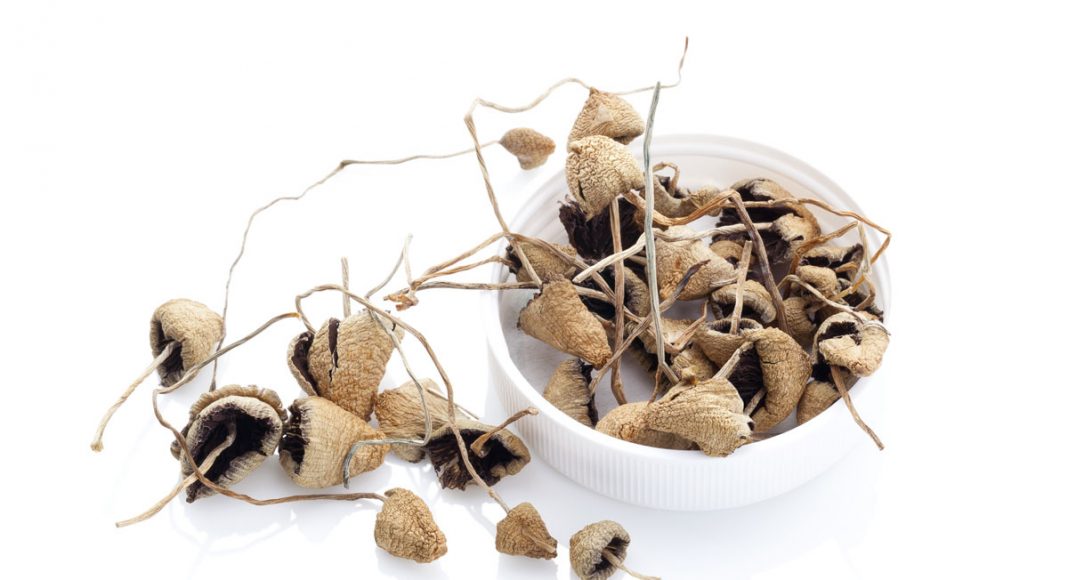Oakland may soon decriminalize psilocybin or “magic mushrooms,” making it only the second city in the U.S. to do so, behind Denver. But while you may have tried mushrooms with friends in college, the medical uses of psilocybin are the predominant argument for decriminalization or legalization.
According to researchers from Oxford and the Imperial College of London, research into the medical benefits of psilocybin halted after criminalization efforts in the 1960s and 70s. But recently the resurgence in interest has led to a small number of studies that, while they do not give definitive answers, allude to the impact psilocybin could have for health and medicine.
RELATED: How One Dose Of Magic Mushrooms Can Change Everything
One 2017 study showed that psilocybin could be used to treat cluster headaches. Some people believe that cluster headaches are one of the most painful medical conditions, and hallucinogens like LSD, acid, or mushrooms have been shown to have positive benefits for cluster headaches for months after just one dose. The 2017 study actually found that psilocybin or lysergic acid diethylamide (colloquially known as “acid”) was a more predictable treatment of these headaches than cannabis.
A 2006 study also showed that hallucinogens like psilocybin can help treat obsessive-compulsive disorder. In that study, nine patients were administered doses of psilocybin over a course of three years, and then monitored at intervals over the next 24 hours after the dose was administered. According to the researchers, every participant showed a decrease in OCD symptoms at some point during the study.
RELATED: Denver Decriminalizes Magic Mushrooms In Game-Changing Vote
But the area of highest research has been on psilocybin’s effects on depression. One 2017 study showed that patients with treatment-resistant PTSD who took psilocybin showed “decreased depressive symptoms.” Only 19 patients were monitored in this study, but all 19 showed improvement after the first week, and 47% were still positively responsive after five weeks. The psilocybin helped these patients by increasing cerebral blood flow (CBF). Blood flow in the brain has an impact on depression, and increasing healthy blood flow can be a successful treatment for depression. And another study, conducted in 2016 at John Hopkins University, also showed that even a single dose could reduce depression in cancer patients for a few months. Six months after their initial dose, 80% of patients in this study were still showing attitude improvements.
All these studies were conducted on small sample sizes, but they do allude to the idea that there may be more uses of psilocybin, were it studied to a greater extent.


